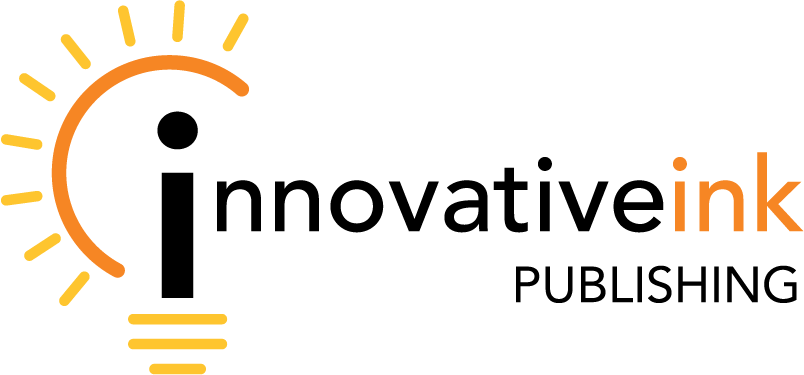Globalization and technological advancements have influenced project managers in how they coordinate and collaborate across projects, diverse teams, and stakeholders. Project managers possess a unique combination of technical understanding and social insight. At the same time, they must be experts at fostering innovation while steering projects toward successful outcomes. No longer solely tasked with technical proficiency, project managers manage projects and the teams between business strategy, human dynamics, and technological innovation.
Applied Project Management highlights the necessity for project managers to be equipped with the tools and techniques to thrive today. It emphasizes the critical role of soft skills, such as effective communication and negotiation abilities. It examines the dynamic connection between business requirements and human factors throughout the project lifecycle, highlighting collaboration across diverse teams and stakeholders.
As businesses evolve, project management remains a foundation of organizational success. Applied Project Management guides aspiring or seasoned project managers, highlighting the path toward excellence in this central field. Whether you are choosing a career in project management or seeking to develop or enhance existing skills, this textbook can serve as a resource for project management in this dynamic business world.

i. Preface
ii. About the Author
1. INTRODUCTION TO MODERN PROJECT MANAGEMENT
1.1. Overview
1.2. Foundation
2. ORGANIZING PROJECTS
2.1. What is a project?
2.2. Project selection and prioritization
2.3. Organizational structure and culture
2.4. Project charter
2.5. Project kickoff
3. ROLE OF A PROJECT MANAGER
3.1. Definition of a project manager
3.2. Project manager skills and competencies
3.3. Influencing without authority
4. CREATING A PROJECT PLAN
4.1. Requirements
4.2. Project scope
4.3. Work Breakdown Structure
5. PROJECT SCHEDULE AND COST MANAGEMENT
5.1. Plan schedule and cost
5.2. Estimating project schedules and cost
5.3. What influences a good estimate?
5.4. Types of estimates?
5.5. Refining estimates
5.6. Manage and control schedules and costs
6. PROJECT QUALITY MANAGEMENT
6.1. Plan quality
6.2. Manage quality
6.3. Control quality
7. PROJECT RESOURCE MANAGEMENT
7.1. Plan resources
7.2. Estimating resources
7.3. Control resources
7.4. Managing project teams
7.5. Project Team Pitfalls
7.6. International Project Management
8. PROJECT RISK AND COMMUNICATION MANAGEMENT
8.1. Plan risk and communication management
8.2. Identify risks and risk analysis
8.3. Risk mitigation and monitoring
8.4. Risk communication
8.5. Identify stakeholders
8.6. Plan stakeholder engagement
8.7. Manage stakeholder engagement
9. PROJECT PROCUREMENT MANAGEMENT
9.1. Plan procurement
9.2. Conduct procurement
9.3. Control procurement
9.4. Negotiation
9.5. Types of contracts
10. PROJECT MONITORING AND CLOSURE
10.1. Monitor activities
10.2. Earned Value Management
10.3. Wrap up activities
10.4. Project audit
Berina
Yerkic-Husejnovic
Dr. Yerkic-Husejnovic is a professor of business management. She holds two undergraduate degrees, a Bachelor of Science in Mechanical Engineering and a Bachelor of Arts in Foreign Languages in German Literature, and two Minors, in Mathematics, and in Physics, from Virginia Commonwealth University. After earning her Master's in Business Administration from Averett University, she acquired a Doctorate in Business from Walden University with a thesis on outsourcing R&D and its impact on the bottom line. Dr. Yerkic-Husejnovic has 20+ years of experience leading projects in the corporate environment in engineering, research and development, procurement, manufacturing, and regulatory departments. In addition, Dr. Yerkic-Husejnovic has been a college professor for the past eight years and has taught undergraduate and graduate courses. The courses include international business, operations management, leadership, modern management, organizational behavior, business strategy, pre-calculus, calculus, project management, and project risk management. Dr. Yerkic-Husejnovic has multiple professional certifications in project management, and she also holds lean green and black belt certifications in Six Sigma from Virginia Commonwealth University and Design Thinking from the Massachusetts Institute of Technology (MIT). Dr. Yerkic-Husejnovic has participated in professional interviews and book reviews, has acquired 34 patents, and has numerous additional patent applications. She is an entrepreneur and a small business owner. In addition to speaking English, Dr. Yerkic-Husejnovic is fluent in Bosnian and German. Her hobbies include gardening, reading, and long-distance walks/hikes.